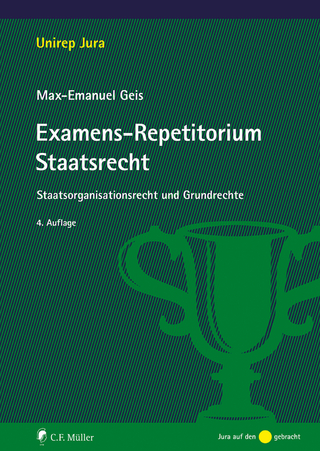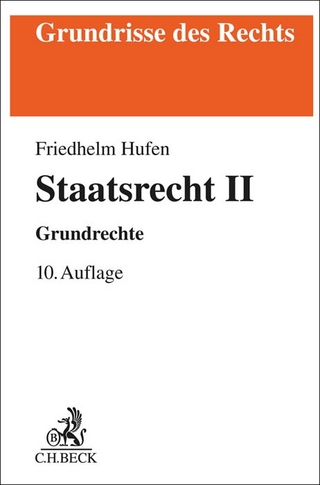
The Global Governed?
Cambridge University Press (Verlag)
978-1-108-81670-0 (ISBN)
When refugees flee war and persecution, protection and assistance are usually provided by United Nations organisations and their NGO implementing partners. In camps and cities, the dominant humanitarian model remains premised upon a provider-beneficiary relationship. In parallel to this model, however, is a largely neglected story: refugees themselves frequently mobilise to create organisations or networks as alternative providers of social protection. Based on fieldwork in refugee camps and cities in Uganda and Kenya, this book examines how refugee-led organisations emerge, the forms they take, and their interactions with international institutions. Developing an original theoretical framework based on the concept of 'the global governed', the book shows how power and hierarchy mediate the seemingly benign notion of protection. Drawing upon ideas from anthropology and international relations, it offers an alternative vision for more participatory global governance, of relevance to other policy-fields including development, humanitarianism, health, peacekeeping, and child protection.
Kate Pincock is a Research Associate at the Refugee Studies Centre, University of Oxford, and a Researcher for the Overseas Development Institute. She received her Ph.D. in International Development from the University of Bath, and her research focuses on forced migration and gender in East Africa. Alexander Betts is Professor of Forced Migration and International Affairs, and William Golding Senior Fellow in Politics at Brasenose College, University of Oxford. He was previously Director of the Refugee Studies Centre, is a World Economic Forum Young Global Leader, and was named by Foreign Policy magazine as one of the leading global thinkers of 2016. Evan Easton-Calabria is a Research Officer at the Refugee Studies Centre, and Junior Research Fellow at Wadham College, University of Oxford. Her research focuses on refugee self-reliance, and the history of forced migration and development.
1. Introduction; 2. Theoretical framework; 3. Kampala; 4. Nakivale; 5. Nairobi; 6. Kakuma; Conclusion.
| Erscheinungsdatum | 03.01.2020 |
|---|---|
| Reihe/Serie | Cambridge Asylum and Migration Studies |
| Zusatzinfo | Worked examples or Exercises; 2 Tables, black and white; 9 Line drawings, black and white |
| Verlagsort | Cambridge |
| Sprache | englisch |
| Maße | 174 x 246 mm |
| Gewicht | 320 g |
| Themenwelt | Recht / Steuern ► EU / Internationales Recht |
| Recht / Steuern ► Öffentliches Recht ► Verfassungsrecht | |
| Recht / Steuern ► Öffentliches Recht ► Völkerrecht | |
| Sozialwissenschaften ► Politik / Verwaltung ► Politische Theorie | |
| ISBN-10 | 1-108-81670-3 / 1108816703 |
| ISBN-13 | 978-1-108-81670-0 / 9781108816700 |
| Zustand | Neuware |
| Informationen gemäß Produktsicherheitsverordnung (GPSR) | |
| Haben Sie eine Frage zum Produkt? |
aus dem Bereich


